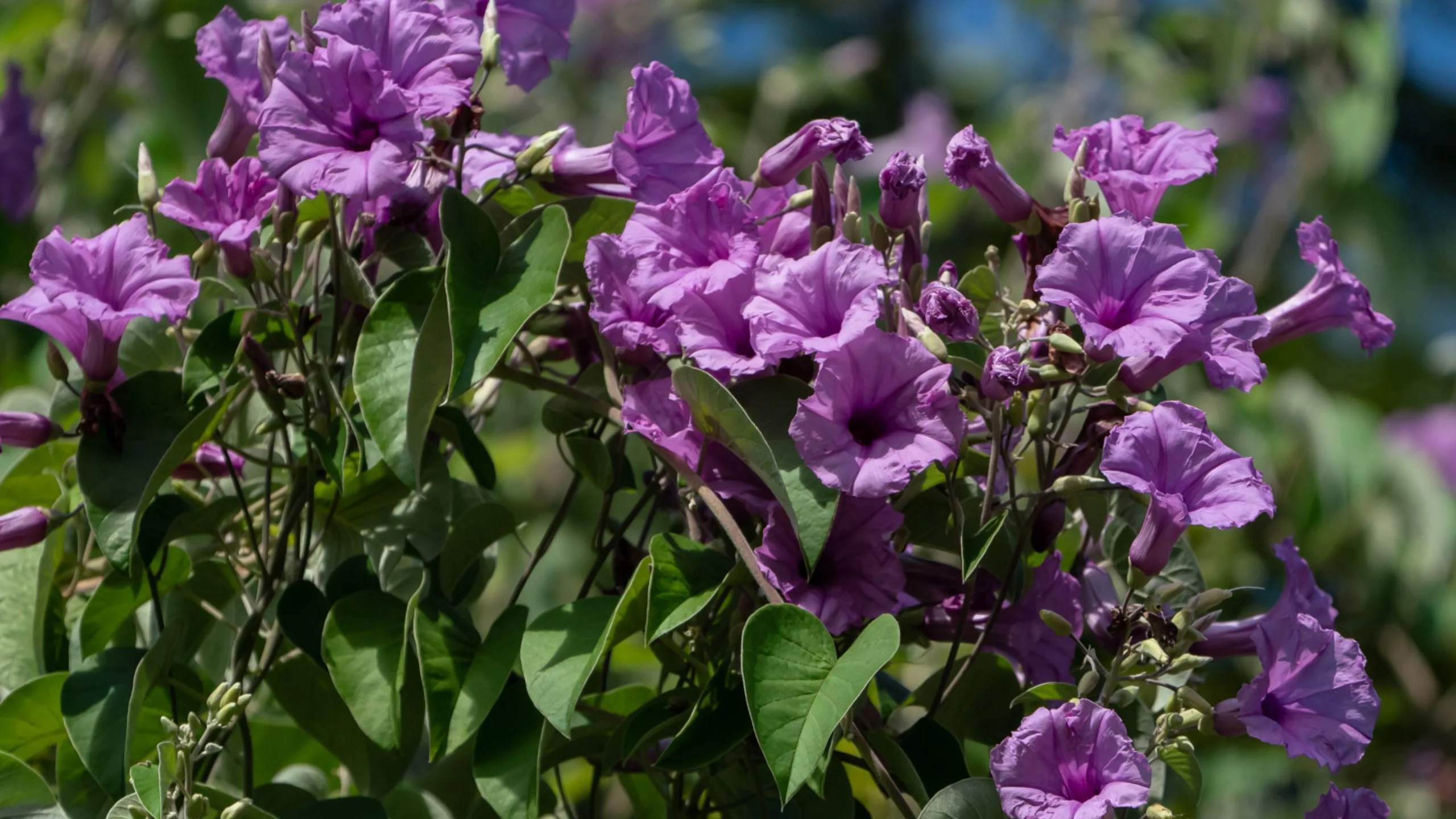Free Shipping On Above Order Value Rs. 500

Vidarikand (Ipomoea digitata) is a medicinal plant widely used in traditional Ayurvedic medicine as a rejuvenative, aphrodisiac, and galactagogue. Belonging to the Convolvulaceae family, it is a large, tuberous, climbing herb known for its starchy tubers, which are rich in carbohydrates and medicinal phytoconstituents. The plant plays an important role in treating general debility, sexual weakness, and improving lactation in women
The medicinal activity of Ipomoea digitata is attributed to its rich profile of bioactive compounds, especially from its tubers.
Ayurvedic Pharmacopoeia of India (API), Part I, Vol. III – Government of India, Ministry of AYUSH.
Nadkarni, K.M. (1976). Indian Materia Medica, Vol. 1. Popular Prakashan.
Sharma, P.V. (2006). Dravyaguna Vijnana (Materia Medica-Vegetable Drugs). Chaukhambha Bharati Academy.
Anonymous (2008). Quality Standards of Indian Medicinal Plants, Vol. 6. ICMR, New Delhi.
Singh, M., & Rao, M.M. (2012). "Pharmacognostical and phytochemical evaluation of Ipomoea digitata tuber." International Journal of Pharmaceutical Sciences Review and Research, 16(2): 39-42.
Prajapati, N.D., Purohit, S.S., Sharma, A.K., Kumar, T. (2003). A Handbook of Medicinal Plants. Agrobios.
Chatterjee, A., & Pakrashi, S.C. (1997). The Treatise on Indian Medicinal Plants, Vol. 3. CSIR, New Delhi.
European Pharmacopoeia, 10th Edition, Council of Europe.
Reddy, P.S. et al. (2010). “Therapeutic potential of Ipomoea digitata in Ayurveda: A review.” Journal of Global Pharma Technology, 2(4): 10–14.

Moving your card details to a much more secured place

100% Payment Protection. Easy Return Policy

Fast, reliable delivery from global warehouses

 My Account
My Account